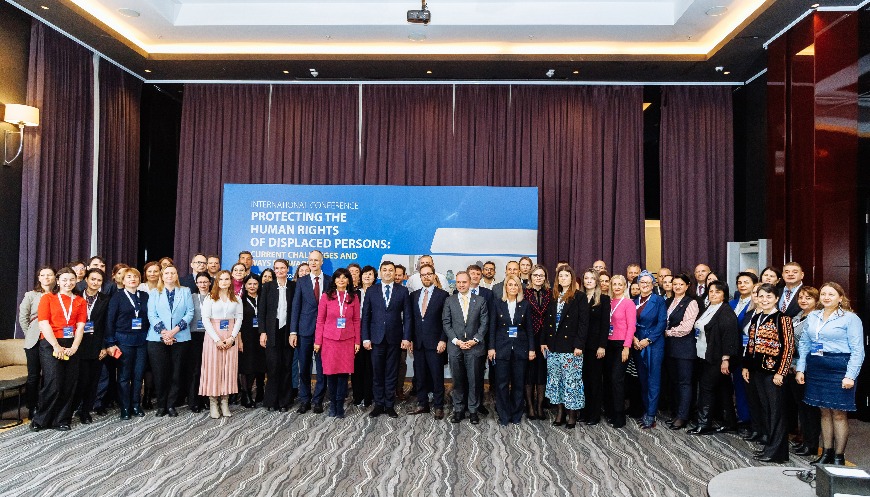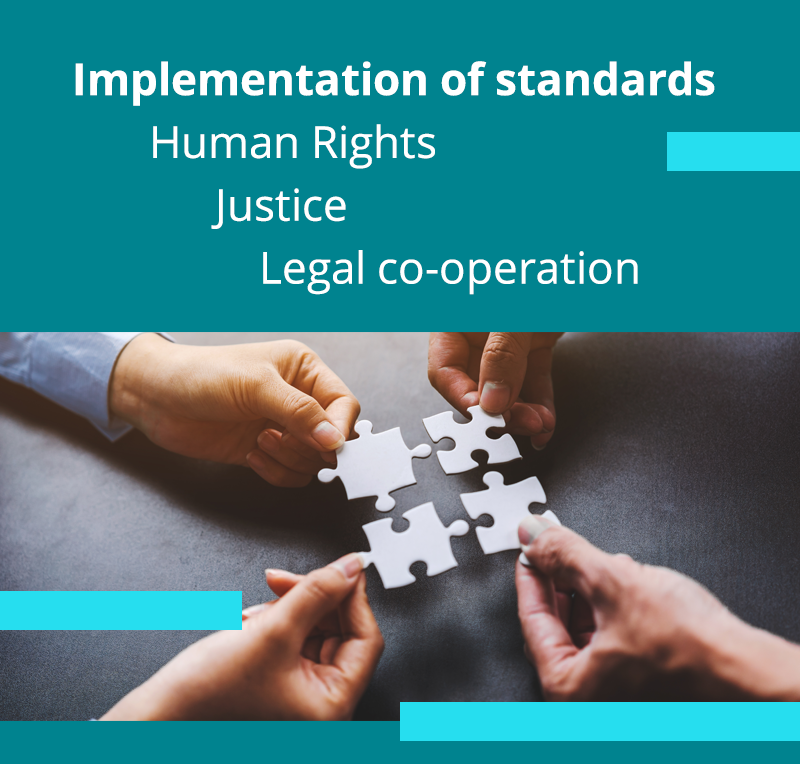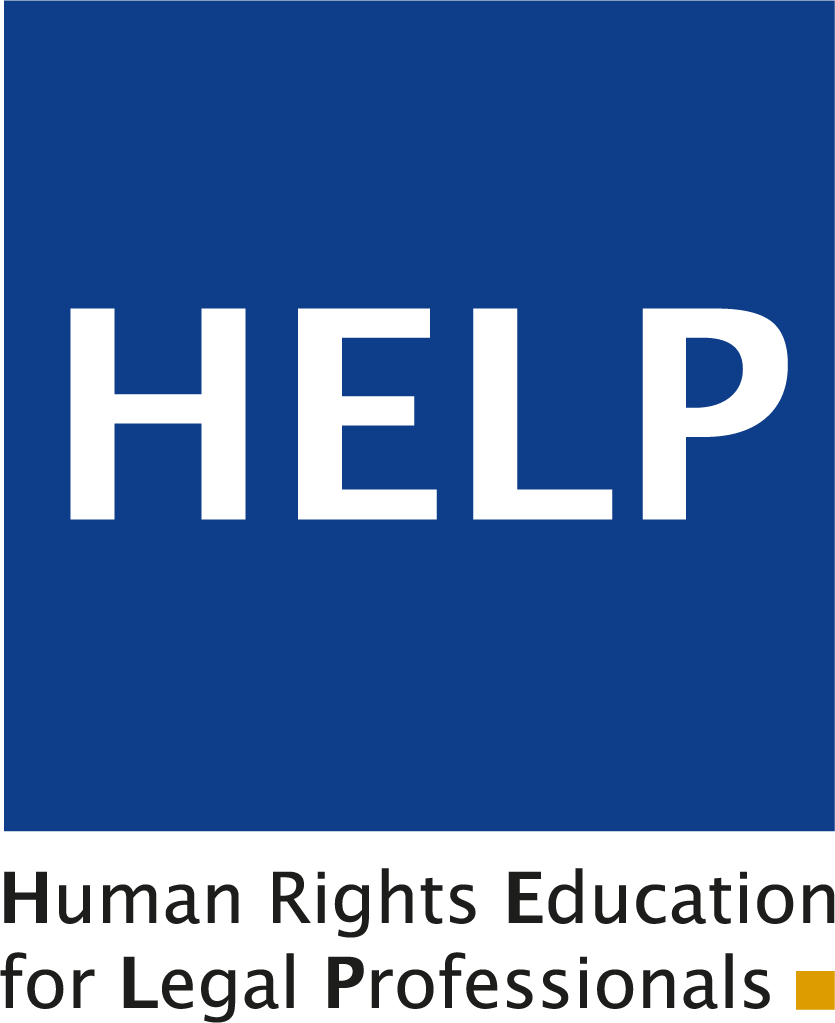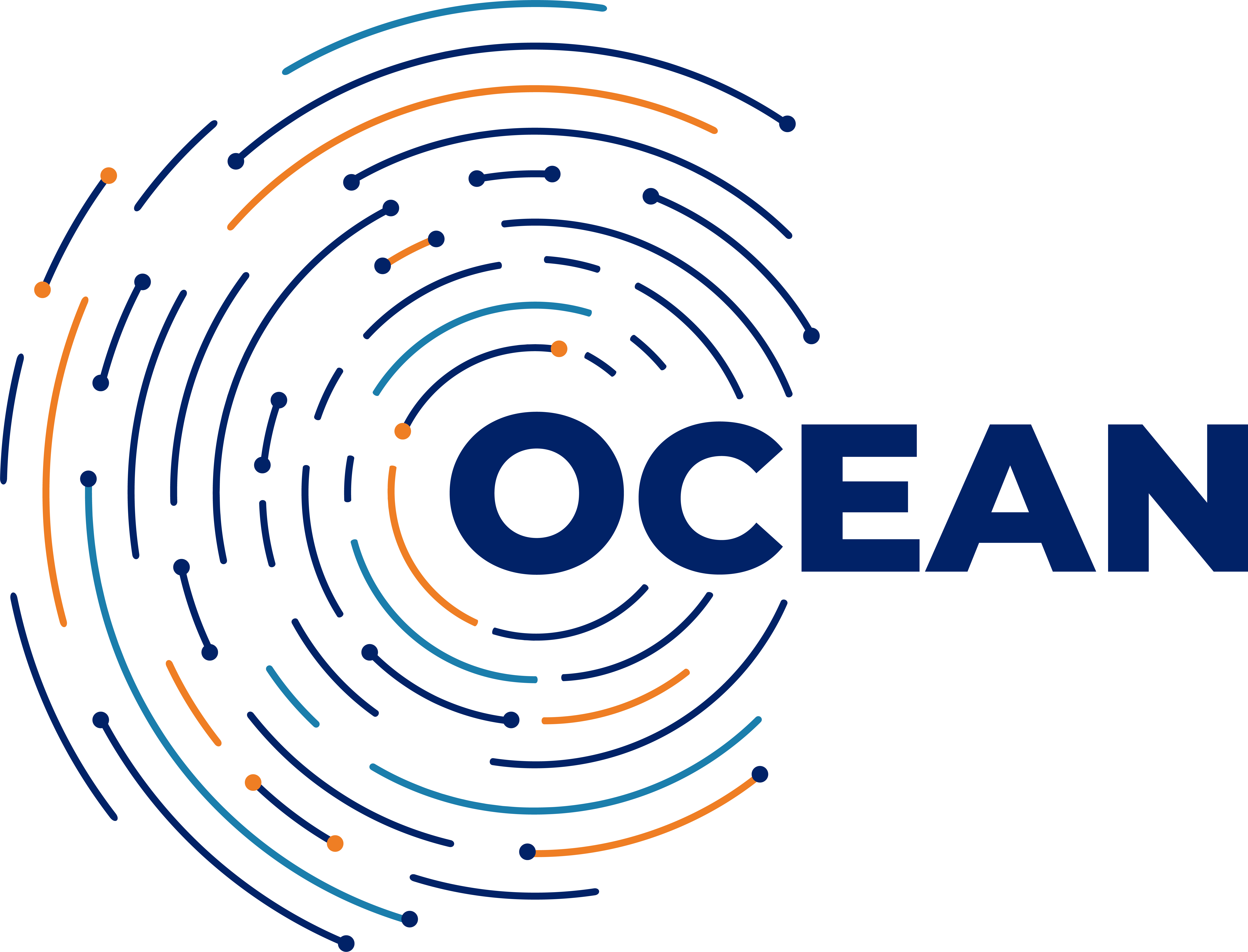The Council of Europe has extended comprehensive support to the Republic of Moldova in strengthening human rights protections for refugees and migrants, particularly for those in vulnerable situations, such as women and children displaced from Ukraine by Russia's large-scale military aggression. This was the conclusion of the international conference “Protecting the Human Rights of Displaced Persons: Current Challenges and Ways Forward” held in Chișinău.
In his opening remarks, the Minister of Internal Affairs of the Republic of Moldova, Adrian Efros, noted that 1.2 million Ukrainian citizens have crossed the Moldovan border, with over 100,000 choosing to stay long term. “We reaffirm our commitment to protecting human rights and supporting all people in need. We will continue our efforts to build an inclusive legislative framework, ensure access to essential services and integrate refugees into the country’s economic and social life. We greatly appreciate the support from the Council of Europe and our international partners and strongly believe that together, we can create a more secure and prosperous future for all those seeking refuge in the Republic of Moldova.”
Speaking on behalf of the Lithuanian Presidency of the Committee of Ministers, Tadas Valionis, the Lithuanian Ambassador to the Republic of Moldova hailed the country’s remarkable solidarity with people fleeing the conflict in Ukraine, providing them with shelter and support and a safe passage to other countries. ”Accountability for such violations is crucial and requires our concerted efforts. Lithuania remains resolutely committed to supporting Ukraine, emphasising the need to intensify pressure on Russia to ensure full accountability for its crimes and pave the way towards a just, sustainable, and lasting peace in Ukraine and Europe”, underlined Ambassador Valionis.
For his part, the Special Representative of the Secretary General on Migration and Refugees (SRSG), David Best, highlighted that the ongoing project Strengthening the Human Rights Protection of Refugees and Migrants in the Republic of Moldova “builds on the rich body of Council of Europe standards, especially the jurisprudence of the European Court of Human Rights, and promising practices in the field. It supports national authorities and other actors in addressing the needs of refugees and migrants, while also helping to build resilient and sustainable migration, asylum, and reception systems.”
He further noted that the project has also strengthened the capacities of professionals involved in supporting displaced people in many sectors, such as social protection, health, education and law enforcement, who had to be trained and support services as well as information had to be made available to those in need.
The conference brought together representatives of state institutions from the Republic of Moldova and other Council of Europe member states, diplomatic missions, international organisations, civil society activists and experts working in the field. Together, they reviewed the project’s achievements and discussed avenues for future cooperation in strengthening the country’s migration and asylum systems.






